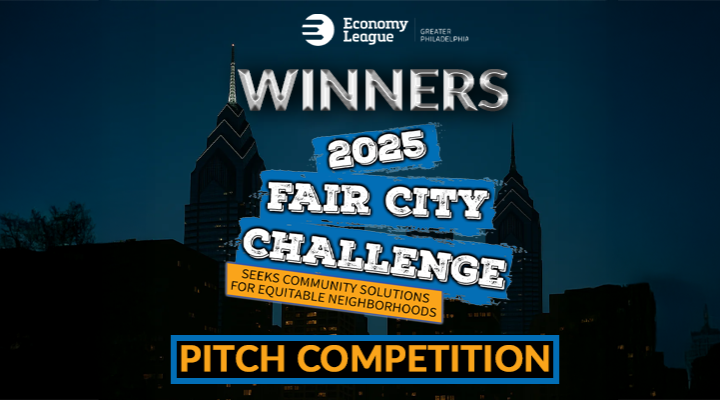From Well City Challenge Winner to Impact Generator
How TCBMe Is Building a New Future for Philly Youth
When Derrick Tarver first submitted an idea to the Economy League's 2023 Well City Challenge, he didn't yet know what he would need to bring his vision to life. What he had was a bold concept: to empower underserved youth through a combination of wellness education, digital creativity, and leadership training. What he didn't have yet was access.
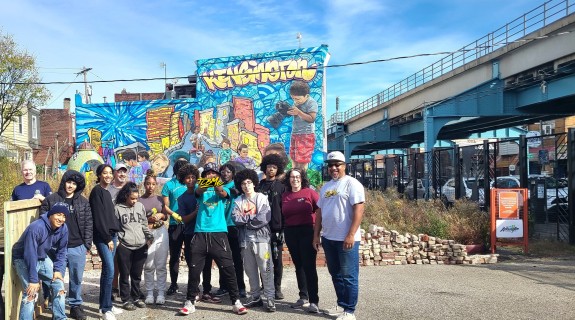
As it turned out, access was exactly what the Economy League of Greater Philadelphia (ELGP) provided.
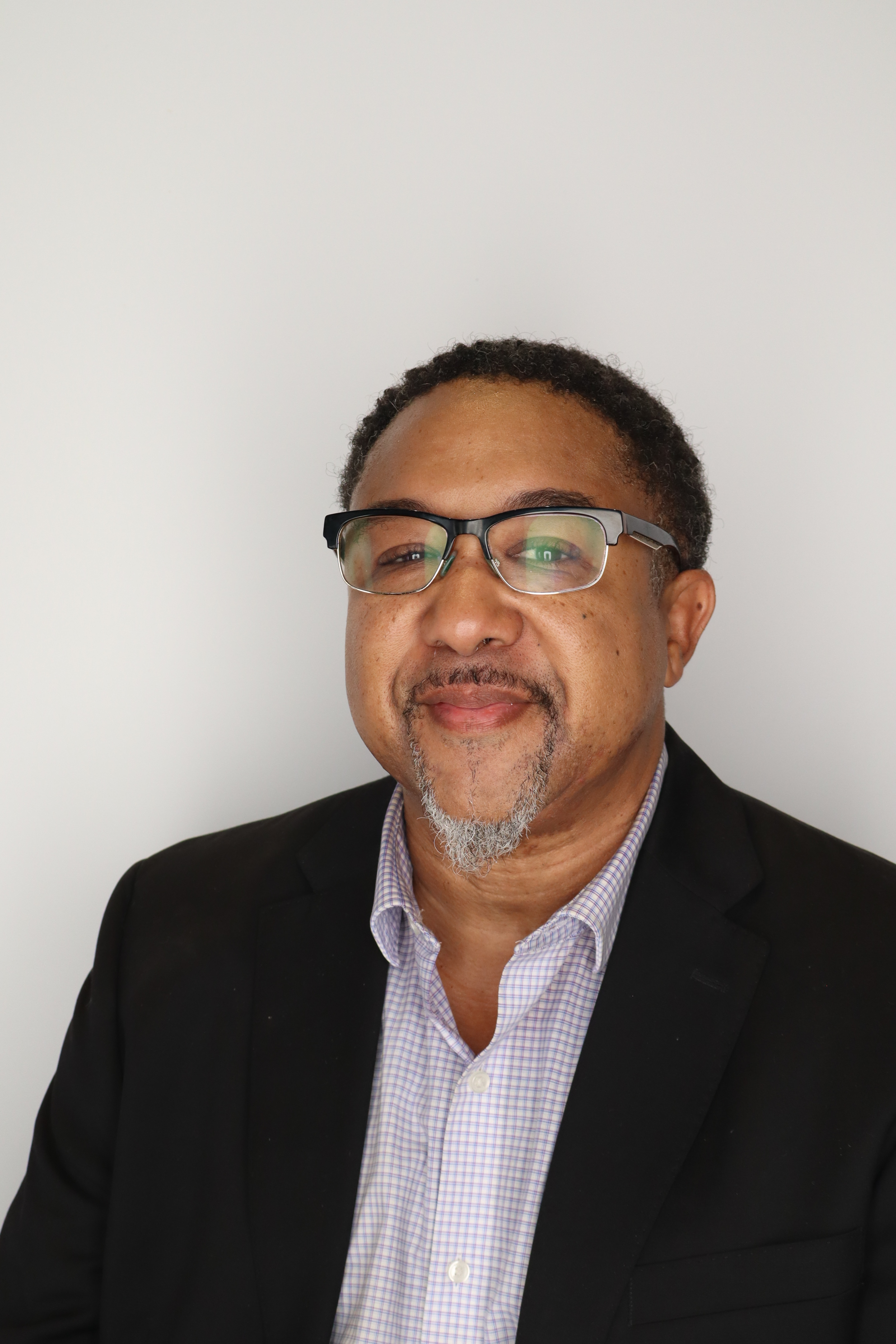
Tarver is President and CEO of TCBMe, and Grand Prize Winner of $50,000 from the 2023 Well City Challenge. This civic innovation competition, run in partnership with Accelerate Health Equity, was designed to identify and support everyday innovators with promising ideas to close Philadelphia's yawning health equity gaps, especially related to mental and cardiovascular health.
“At the start, it was just me and an idea,” Tarver said. “The $50,000 from the Challenge was transformational, but so was being surrounded by people who believed in me and believed in the idea.”
That idea would become TCBMe, short for “That Could Be Me.” The program is designed to give young people the tools to understand themselves, lead confidently, and shape the future they want to see. TCBMe equips teens with what Tarver calls “S.T.R.O.N.G. Solutions” that blend digital innovation, social-emotional learning, and community-based wellness education.
A Platform Built with Youth, Not Just for Them
At the heart of TCBMe’s model is co-creation. “We’re not just experimenting with what’s possible. We’re grounding our work in what students actually need and how they want to learn,” said Tarver. “We’re designing our offerings with young people, not just for them.”
One signature program is TCBMe’s AI-Powered Co-Creation Bootcamp, which teaches social-emotional and coping skills through the lens of AI-generated soundtracks, digital art, and interactive reflection activities. These sessions are designed to help students express themselves, regulate emotions, and plan their futures using creative and accessible tools.
Since winning the Challenge, TCBMe has worked in collaboration with La Salle University and Thomas Jefferson University to conduct community-based participatory research, guided by the Institutional Review Board at La Salle. “They have taught us so much about translating academic rigor to the real world and the ethical considerations around community research,” Tarver said. Findings will be presented at the 8th Annual Philadelphia Trauma Training Conference this July.
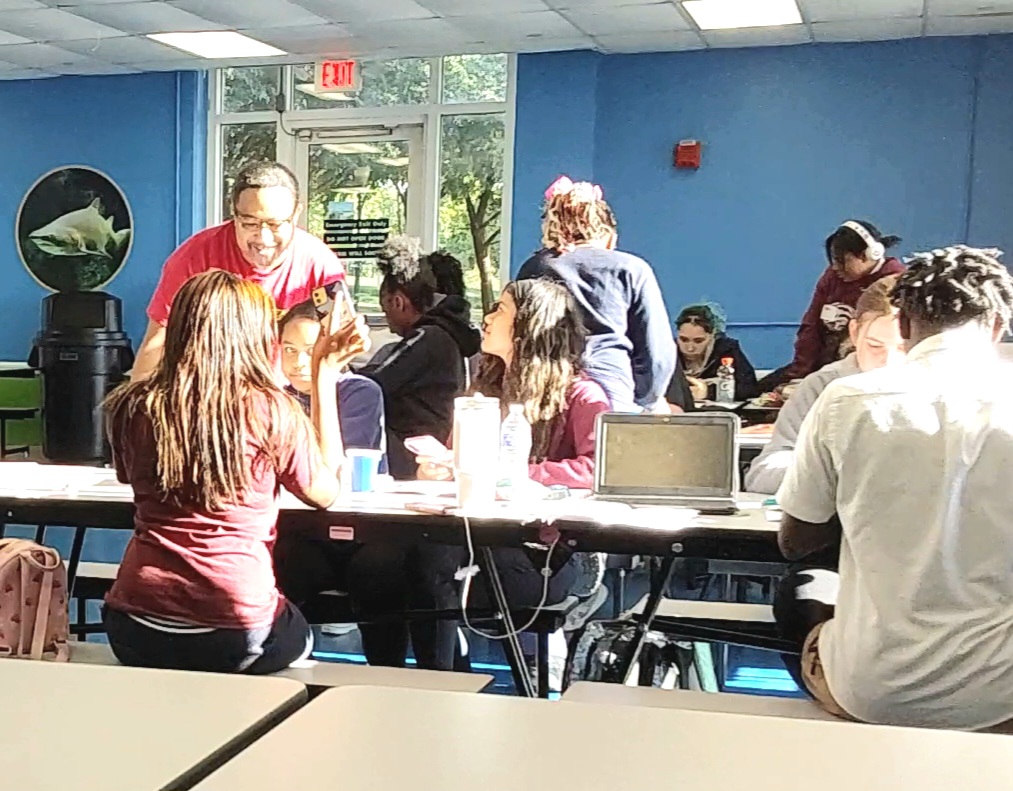
From Well City to Fair City: What Comes Next
Tarver is clear about TCBMe’s next phase: scale. “We’re thrilled with the progress we’ve made and the results we’ve achieved. Now it’s time to broaden our reach to broaden our impact,” he said.
The team is initiating conversations with school districts and national nonprofits to expand delivery and bring their tools to more students. They are also developing training modules for educators who want to incorporate the program’s approach into their own classrooms.
For those interested in getting involved, TCBMe is calling on volunteers, community partners, school systems, and organizations that share a commitment to co-creation and youth wellness. Supporters can visit www.tcbmefoundation.org/get-involved to learn more.
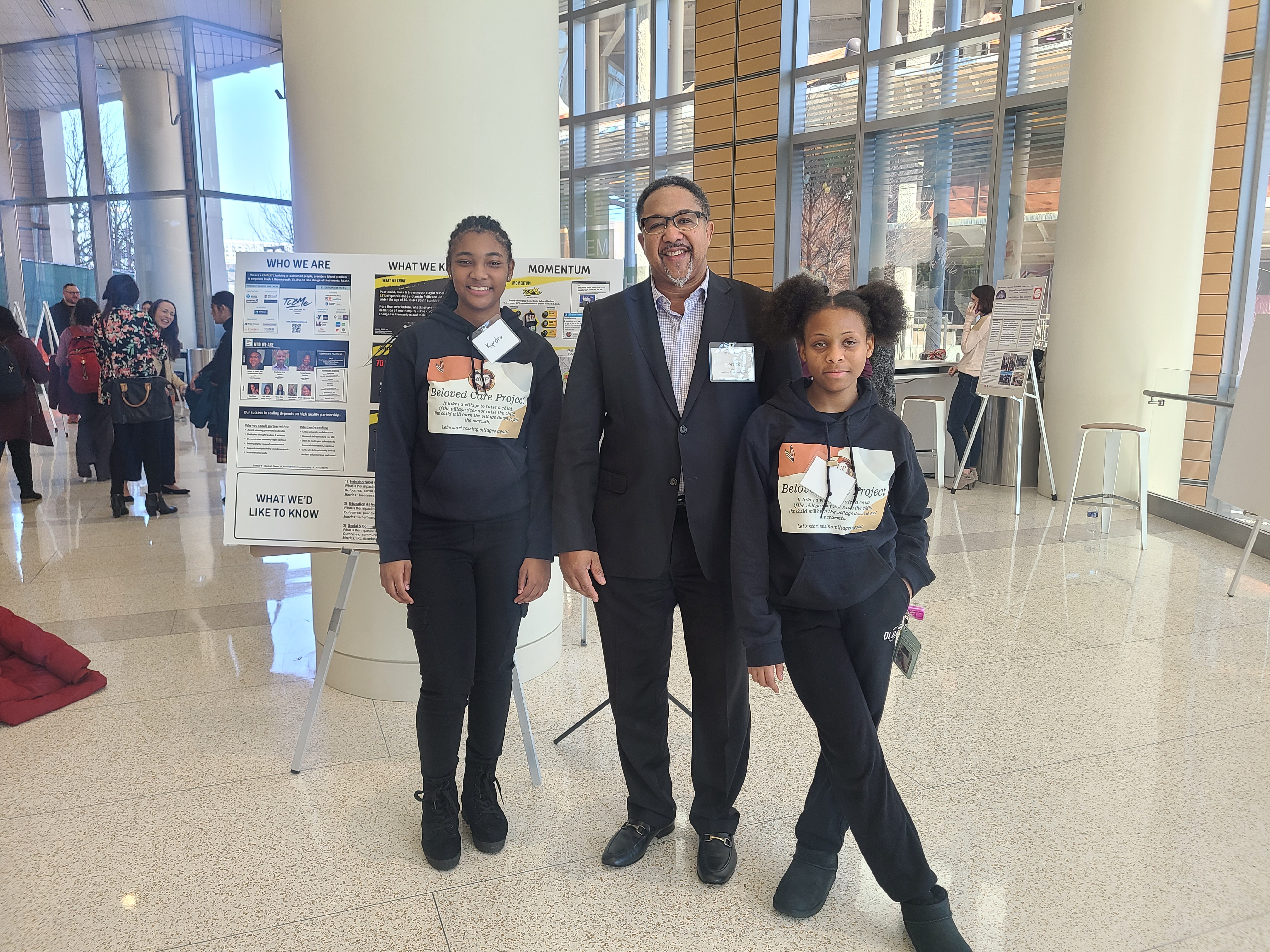
TCBMe’s story is a reminder of what happens when fresh ideas meet real investment. It also sets the tone for this year’s Fair City Challenge (FCC), which focuses on housing equity in Philadelphia. This April, the Economy League reviewed nearly 80 applications with creative ideas for revaluing properties in historically disinvested neighborhoods, powered by a research study, Know Your Price, Philadelphia, which identified a $57 billion value gap between properties in majority white vs majority non-white neighborhoods.
At a recent pitch competition, four teams were selected to join the Fair City Accelerator, a 3-month intensive business strategy program to help turn ideas into viable enterprises. The semi-finalists are:
• Climate Equity Home Fund, helping low-income homeowners access energy-efficient upgrades
• Raíces Capital Fund, empowering aspiring Latino real estate investors
• The WEALTH Collective, dismantling racial appraisal bias in real estate
• North Roots x Bossed Up, transforming a vacant lot into an urban farm and cultural hub in North Philly
Each team received $10,000 in seed funding to refine their ideas with support from the Economy League's extensive network of mentors and advisors. On September 11, 2025, one of the four FCC participants will be awarded a $50,000 grand prize to scale their model, just as TCBMe did.
“The Challenge model represents a new approach in Philadelphia,” said Economy League Executive Director Jeff Hornstein. “We are adapting the ‘fail fast’ approach from the tech world to the civic sector, and thus far, it is producing excellent results, like TCBMe. I am very much looking forward to seeing the current Fair City Challenge cohort advance their ideas.”
To learn more about the Economy League’s Impact Labs competitions or get involved, click here Impact Labs
